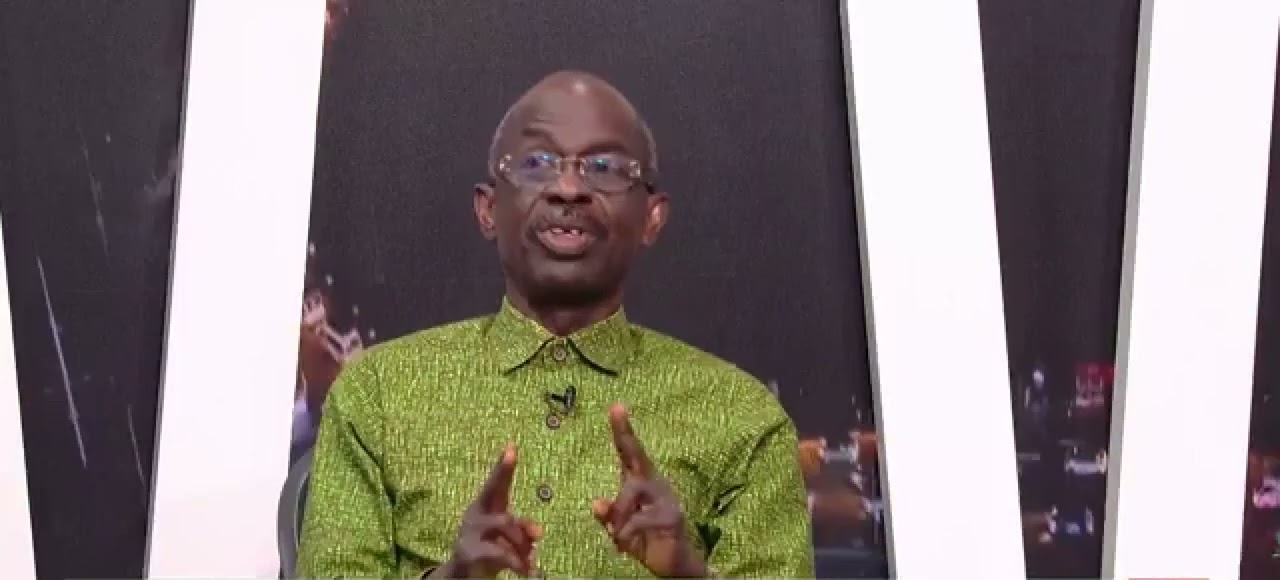FG to hold manufacturers, importers responsible for plastic pollution
Federal Government has announced plans to begin full enforcement of the Extended Producer Responsibility (EPR) framework by 2025 in a bid to reduce plastic pollution.
The Minister of Environment, Balarabe Lawal, disclosed this yesterday in Abuja at a capacity-building workshop on the implementation of EPR in Nigeria, organised by the PROTEGO Project in collaboration with the National Environmental Standards and Regulations Enforcement Agency (NESREA), in Abuja.
The workshop, themed “Strengthening Nigeria’s Capacity on EPR Implementation”, is part of the PROTEGO Project, an initiative for the prevention of marine litter in the Gulf of Guinea. The project is funded by the German Federal Ministry for the Environment and implemented by Adelphi Research, Germany.
The minister noted that producers, importers and brand owners would be legally required to take responsibility for the collection, recycling, and proper disposal of their post-consumer products, especially plastic packaging and other single-use materials.
Represented by the Director-General of the National Agency for the Great Green Wall (NAGGW), Saleh Abubakar, the minister warned that Nigeria, with over 850 kilometres of Atlantic coastline is vulnerable to marine plastic pollution.
He cited the forthcoming National Guideline on EPR for the Packaging Sector, set to take effect in 2025, and the draft National Environmental (Plastic Waste Control) Regulations 2025, which he said would make EPR mandatory for all companies in the packaging sector.
He said: “We’re talking about a model in which producers will be held accountable from cradle to finish. So, producers, when they go into production, will no longer just plan to put products in the market like before. They must now also begin to plan for what happens to the product throughout its entire lifecycle, including its end-of-life stage.
“If you’re producing, say, electrical equipment, let’s use computers as an example, the new reality is that as a producer, you must take responsibility not just for selling the product, but also for when the product becomes obsolete or unusable. When that computer becomes stale or useless, you must already have a plan in place. That’s the new approach. The idea is to ensure we provoke and build a circular economy,” he said.
According to the Head of the Programme for Green and Circular Economy at Adelphi, Germany, Amar Munnolimath, the project is designed to provide financial support for setting up waste management and marine litter prevention systems in Nigeria, adding that the goal is to ensure the systems are financially sustainable and able to operate even after the project ends.












